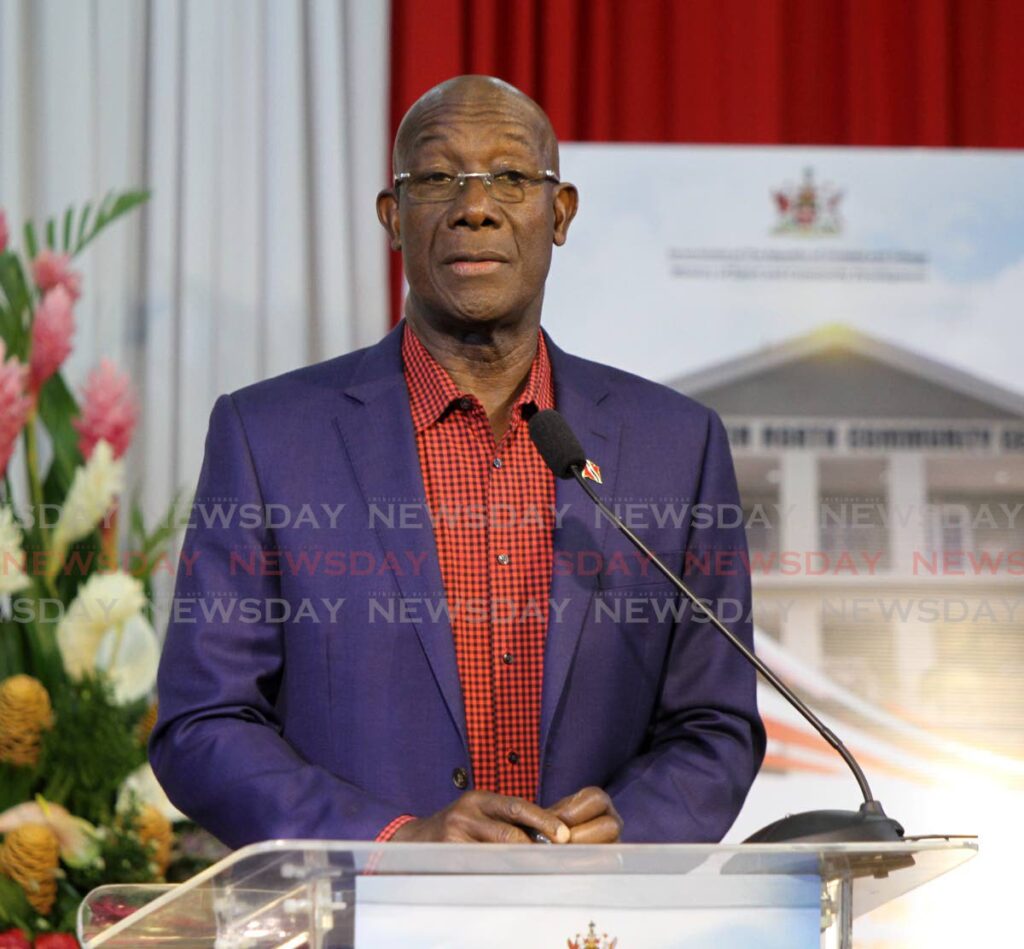Weak defence

BY THE END of Tuesday’s more-than-hour-long media conference at the Diplomatic Centre, St Ann’s, the Prime Minister had provided only the weakest of defences to explain his failure to reform the process by which senior-counsel status is granted.
“That’s the Constitution,” Dr Rowley simply said. “That’s the one we are working with until it is changed.”
But the issue is not whether the process of bestowing “silk” is constitutional or not – which, incidentally, is a matter to be determined by the court in a pending case – but rather whether it is morally correct for the political directorate to be involved in granting lawyers access to the inner bar. It is about the risk of the perception of nepotism, favouritism and patronage.
On the day on which the Government signalled the possibility that it may well move forward with its plan to exempt the procurement of legal services from the new public procurement law, the PM insisted his hands were tied on silk reform.
Not even the dismal optics of a sitting president handing out certificates to her husband and brother suggested otherwise to him.
This was a far cry from 2012, when Dr Rowley, then opposition leader, said, “The process by which people attain these accolades should be transparent.”
If it has taken Dr Rowley’s administration eight years to implement the procurement legislation, it has taken him the same length of time to do nothing to improve the selection of silk.
No president has a discretion, he believes, to put forward candidates.
Yet that does not cure the uncomfortable proximity here between public office and personal connections; the appearance of an ever-smaller circle of individuals enjoying status, power and privilege.
It is not just a matter of family ties.
Some of those given silk on Monday sit on state boards, some hold positions in independent constitutional offices, some also held briefs for Cabinet members, including the PM.
In truth, the President is not entirely without interest in this matter.
Senior counsel are, in theory, at the disposal of the head of state, a ceremonial position which echoes the British monarch.
Historically, king’s counsel emerged in the 16th century to allow for crown matters to be disposed of quickly. Today, if someone sues the Office of the President, that officeholder will have to draw upon the local pool of silk. Such briefs could be substantial.
Meanwhile, the recusal of Law Association (LATT) president Lynette Seebaran-Suite from an approach by Attorney General Reginald Armour, SC, on Cabinet’s consideration of her for silk points to a standard of integrity sadly absent from the rest of this process.
LATT’s objections on Tuesday also raise troubling questions – questions which could have been avoided, had this process been reformed long before now.


Comments
"Weak defence"